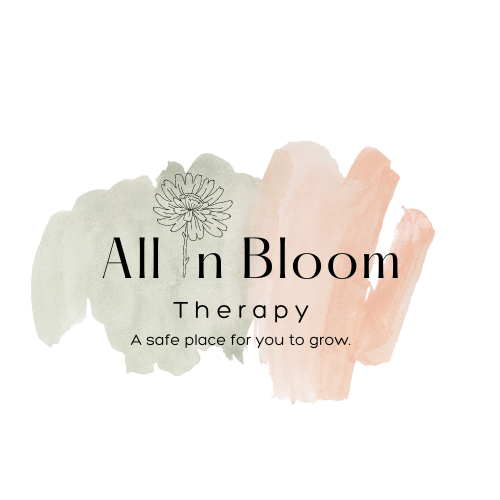Trauma
Trauma is any stressful or overwhelming experience that causes a profound impact on your life.
Unfortunately, most people will experience trauma in their lifetime. When we hear the word trauma we typically think of a car accident, physical or sexual abuse, the sudden death of a loved one, a violent criminal act, exposure to the violence of war / combat, or a natural disaster.
However, more subtle forms of trauma can include verbal or emotional abuse, emotional or physical neglect, loss of a loved one / pet, racism, discrimination, divorce, ending of a relationship or friendship, lack of access to basic resources (i.e. food, shelter, clothing, medicine, healthcare, etc.), loss of a job, rejection, or a big life transition.
While many people can recover from trauma over time with the love and support of family and friends and bounce back with resiliency, others may discover the effects of lasting trauma, which can cause a person to live with deep emotional pain, fear, confusion, or posttraumatic stress far after the event has passed. This can lead to PTSD or complex PTSD (CPTSD).
In these circumstances, the support, guidance, and assistance of a trauma-informed therapist are fundamental to healing from trauma.
Trauma / PTSD Symptoms
According to the four types of symptoms listed in the
DSM-5.
Avoidance Symptoms
- Avoiding specific locations, sights, situations, and sounds that serve as reminders of the event
- Anxiety, depression, numbness, or guilt
Re-experiencing Symptoms
- Intrusive thoughts, nightmares, or flashbacks
Hyperarousal Symptoms
- Anger, irritability, and hypervigilance
- Aggressive, reckless behavior, including self-harm
- Sleep disturbances
Negative Mood and Cognition Symptoms
- Loss of interest in activities that were once considered enjoyable
- Difficulty remembering details of the distressing event
- Change in habits or behavior since the trauma
CPTSD symptoms
CPTSD is more likely to develop when an individual experiences ongoing or chronic trauma, when trauma is experienced in childhood, or is interpersonal in nature. CPTSD includes the PTSD symptoms above, in addition to some of the following
- strong distrust of others
- feeling damaged, worthless, shame, guilt
- difficulty managing emotions
- feeling “different,” than others
- finding it difficult to connect to others
- interpersonal difficulties
- suicidal ideation
- somatic symptoms (regular headaches, stomaches, chest pains, etc.)
- dissociative symptoms
- emotional flashbacks
*this list is not exhaustive*
Research has proven psychotherapy to be the most effective form of treatment for trauma. There are many modalities found to aid in the treatment of trauma including eye movement desensitization and reprocessing (EMDR), Internal Family Systems (IFS), Somatic Experiencing (SE) Cognitive Behavioral Therapy (CBT), and more.

